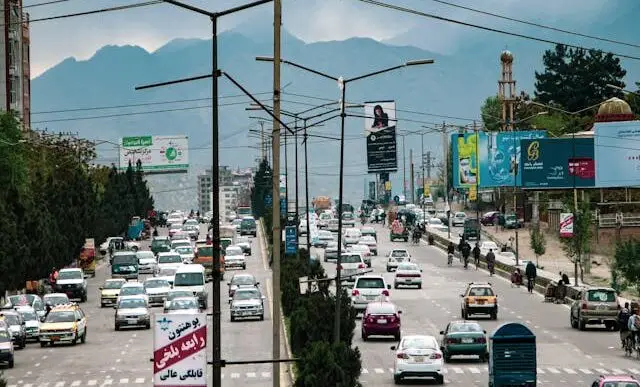Hamas Threatens Retaliation in Event of Israeli Rescue Attempt
In a chilling move, Hamas has publicized threats to “neutralize” their hostages if Israel dares to orchestrate another rescue operation. This alarming statement, reportedly seen by Reuters, underscores the escalating tension in the region and heightens international concerns about the safety of the hostages.
The threat follows a series of unsuccessful rescue attempts by the Israeli Defense Forces (IDF) aimed at freeing Israeli citizens held captive by Hamas. This latest communication from the Palestinian organization raises the stakes in the ongoing crisis and significantly complicates ongoing negotiation efforts.
While the identities of the hostages have not been publicly disclosed, it is widely believed they are Israeli civilians captured during sporadic border skirmishes. The situation, already fraught with geopolitical complexities, now threatens to escalate into a full-blown diplomatic crisis.
Escalating Tensions
Relations between Israel and Hamas have been fraught for years, with occasional skirmishes at the Gaza border escalating into more serious conflicts. However, the hostage situation represents a new level of tension, adding a human element to the political and territorial disputes that often characterize the relationship between the two entities.
This recent threat by Hamas is seen by many as a response to the IDF’s aggressive rescue attempts. While the Israeli government has consistently maintained that it is committed to ensuring the safe return of all its citizens, these efforts have been met with resistance by Hamas, who view them as a breach of their sovereignty.
The threat to neutralize hostages, however, takes the conflict to a new level. This is a clear indication that Hamas is willing to go to extreme lengths in its standoff with Israel, raising serious concerns about the safety of the hostages and the potential for further escalation of the conflict.
An International Crisis
The international community has been watching the unfolding situation with growing concern. The United Nations has called for a peaceful resolution to the crisis, urging both parties to exercise restraint and engage in dialogue. However, the recent threat from Hamas has sent shockwaves through diplomatic circles, raising fears of a potential humanitarian disaster.
The United States, a long-standing ally of Israel, has condemned the hostage-taking and called for their immediate release. The European Union has also expressed concern at the deteriorating situation, calling for de-escalation and respect for international humanitarian law.
There is also growing pressure on regional powers to intervene in an attempt to defuse the crisis. Egypt, which has traditionally played a mediating role between Israel and Hamas, is being called upon to use its influence to secure the release of the hostages and avoid further escalation of the situation.
Impact on Peace Efforts
The hostage crisis, and the recent escalation in threats, has put a damper on peace efforts in the region. Despite ongoing negotiations, the situation has exposed the deep-seated mistrust and hostility that continue to mar relations between Israel and Hamas.
While the international community continues to push for a peaceful resolution, the recent developments have underscored the fragility of the peace process. This crisis is not only threatening the lives of the hostages, but also the prospects for a long-term peaceful coexistence between Israel and Palestine.
As the situation continues to evolve, the world watches with bated breath, hoping for a peaceful resolution that ensures the safety of the hostages and averts a full-blown humanitarian crisis.













